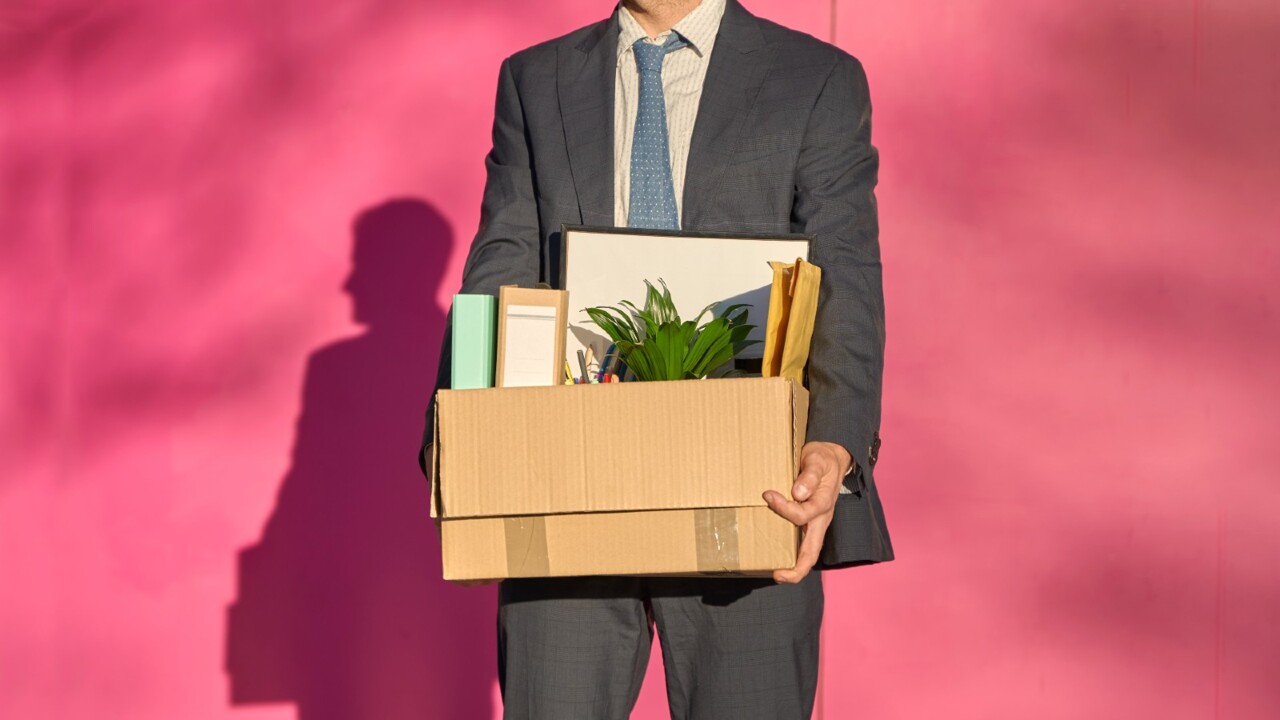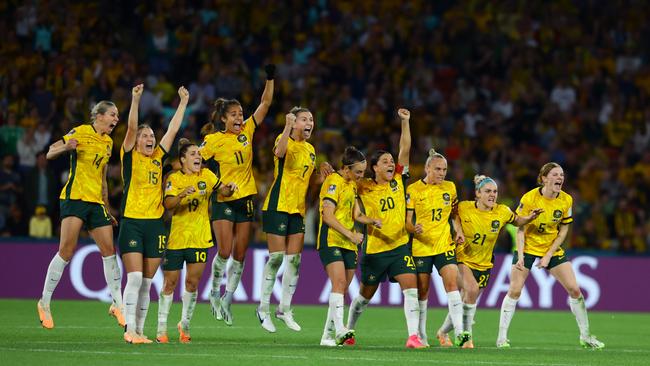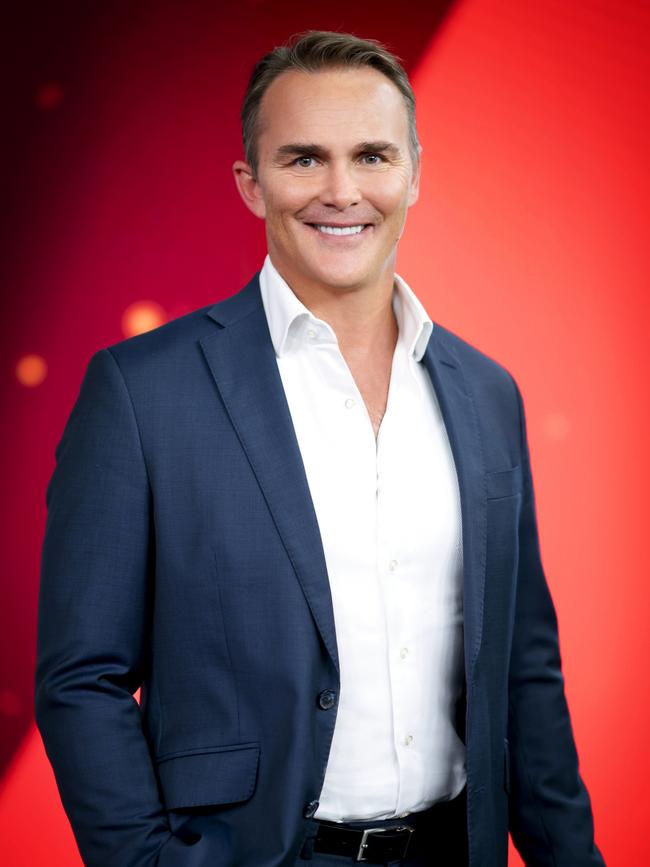Ten big companies are revelling in the Matildas’ success by snaring lucrative advertising deals
The resounding success for the 10 big businesses which purchased advertising packages for the women’s World Cup has well and truly paid off, experts say.

The record-breaking audience numbers tuning into the Matildas’ World Cup success has not only been a massive win for the broadcasters, but it has also proven extremely lucrative for the 10 big businesses which months ago secured prime-time advertising.
The 10 global brands – many of whom are official FIFA sponsors – Adidas, Coca-Cola/Powerade, Hyundai, Kia, Visa, Qantas, McDonald’s, Unilever, Xero and Cadbury would no doubt be revelling in the unprecedented success of the tournament both on and off the field.
The Australian understands that the World Cup event broadcasters, Optus and Seven, completed the sale of the “total television solution” advertising packages – which were for the first time across metropolitan, regional, digital and subscription-platform advertising – in April.
The FIFA sponsors were the first to have access to the broadcaster advertising deals and paid for the ad blocks regardless of the match viewership that the tournament would end up drawing during its four-week duration from July 20 through to August 20.
The Matildas’ historic quarter-finals victory against France on Saturday night broke viewing records for the year and was watched by a national audience of 4.193 million viewers, official figures from ratings firm OzTAM showed, including 456,000 viewers on streaming platform 7plus.
These numbers did not include the hundreds of thousands of viewers likely to have watched the showdown on Optus Sport.

After the advertising deals were sold, the official Matildas sponsors were then offered the opportunity to purchase the advertising packages and there was also “category exclusivity”, preventing rival businesses in the same category from advertising their brands.
Seven West Media chief revenue officer Kurt Burnette said there was an expectation the women’s World Cup would be a “cultural game changer” and it has proven to be exactly that.
“We had always envisaged that the Matildas would go deep into the tournament, but it certainly surpassed our expectations,” he said.
“Ten brands inside some of the biggest moments Australia’s ever seen; it’s a great story for brands and for Optus and Seven to be part of it.”

Advertising for sporting events is usually sold in separate packages. For instance, metro and regional advertising is sold separately.
It is also unclear how much the advertisers paid for ads to feature throughout the World Cup. Unlike some sports, ads only run pre-game, at half-time and post game.
Mr Burnette said the big brands which did sign up to World Cup advertising could spot the value early, well before the Matildas made history to reach their first-ever World Cup semi-final.
“The brands signed up because it was always going to be a unique moment in time, and it’s proven to be that … so the branding packs to be next to those amazing moments is going to be long-lasting,” he said.
“These brands will be part of something that is very rare in this country.”
Spinach Advertising general manager and media director Ben Willee said the advertisers were “reaping the rewards”.
“They are coming in at the ground floor in an elevator that is skyrocketing to the roof; there is nobody that would have predicted the result,” he said.
“The benefits are absolutely huge and for Channel 7 it’s a huge win too; they’ve had a huge opportunity to advertise their other programs and recruit new people to their streaming app and recruit more email addresses, which is what advertisers want. They hit the absolute jackpot.”
The FIFA World Cup has a policy to prevent ambush marketing which it explains on its official website that it stops businesses from, “trying to link themselves to a major event to take advantage of the huge interest in, and high profile of, an event by creating a commercial association and/or seeking promotional exposure without the authorisation of the event organiser”.







To join the conversation, please log in. Don't have an account? Register
Join the conversation, you are commenting as Logout